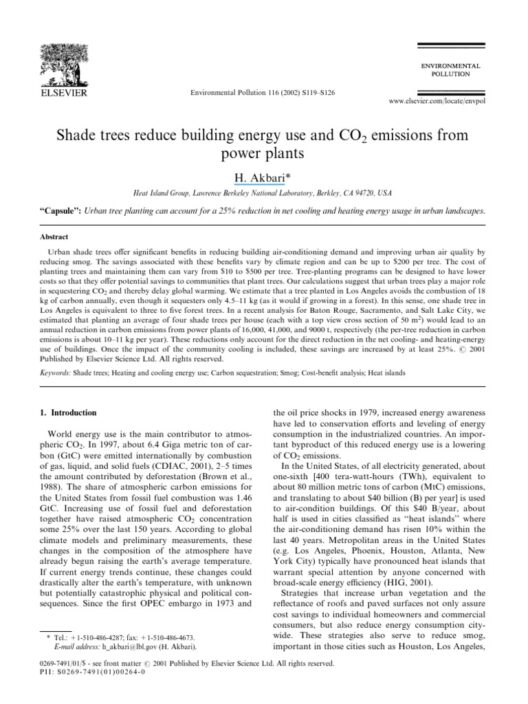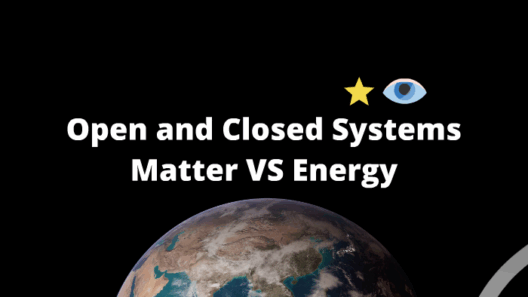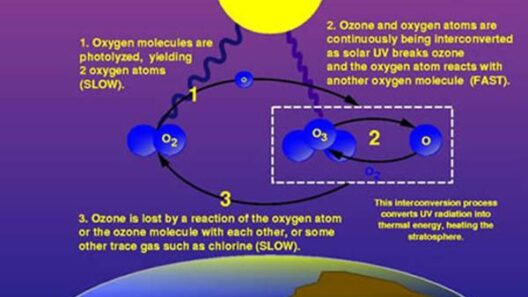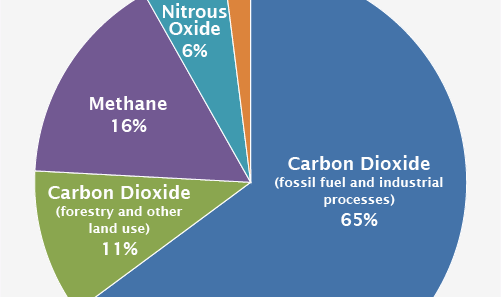The intricate relationship between decomposition, landfill waste, and global warming is a pressing issue that transcends local concerns, echoing around the globe. As we navigate through the labyrinth of modern waste management, it becomes clear that the decomposition process and the mismanagement of landfill waste are significant contributors to the greenhouse gas emissions driving climate change. Understanding these processes is essential for creating effective solutions that mitigate environmental harm.
To begin, we must comprehend what decomposition entails. Decomposition is a natural process by which organic matter breaks down into simpler forms, a vital component of nutrient cycling in ecosystems. Ordinary scenarios of decomposition include leaves falling from trees or food scraps breaking down in compost. However, when organic waste is improperly managed in landfills, decomposition occurs under anaerobic conditions, meaning it takes place in the absence of oxygen. This is critical because, unlike aerobic decomposition, which produces carbon dioxide, anaerobic decomposition primarily generates methane—a gas with a global warming potential significantly greater than that of carbon dioxide.
Methane, an octane from a broader family of greenhouse gases, is about 28 times more potent than carbon dioxide over a 100-year period. The sheer volume of methane produced in landfills is staggering; in the United States alone, landfills are the third-largest source of methane emissions. The continued accumulation of waste exacerbates this issue, creating a vicious cycle of waste generation and greenhouse gas emissions.
Understanding the sheer scale of landfill waste is paramount. Landfills operate not only as repositories for our discarded materials but also as complex ecosystems that interact with both the atmosphere and groundwater systems. Modern landfills can contain millions of tons of waste, affecting local biodiversity and land use patterns. Over time, as waste decomposes, landfill sites can release leachate—a toxic byproduct that can seep into surrounding ecosystems, further contributing to environmental degradation.
One might ponder the implications of our waste culture. In a society largely characterized by a throwaway mentality, the staggering volumes of waste produced are difficult to fathom. In the U.S. alone, over 292 million tons of municipal solid waste were generated in 2018. When waste reaches landfills, the organic components—such as food scraps, yard waste, and paper products—are often buried, limiting the natural decomposition process. Conversely, if we were to divert organic waste from landfills into composting systems, we could foster beneficial aerobic decomposition, logistically addressing waste volume while simultaneously enriching soil quality and reducing methane emissions.
Shifting our perspective on waste management requires an examination of how our consumer behaviors contribute to this crisis. Planned obsolescence in manufacturing—where products are designed with an intentionally limited lifespan—fuels a cycle of waste generation, necessitating constant disposal and replacement. Such practices not only inflate landfill capacity but also exacerbate climate change through increased emissions from production, transportation, and disposal of these goods.
Moreover, it is vital to consider the socioeconomic implications of landfill waste management. Disproportionate placement of landfills in low-income communities leads to environmental justice issues. Residents often bear the repercussions of increased air and water pollution, as well as diminished quality of life—their health, resources, and environments compromised by decisions made elsewhere. Addressing landfill location and management equitably can alleviate the burden on marginalized populations while contributing to larger climate change mitigation strategies.
The transformation in waste management and reduction strategies opens up pathways to innovative solutions. Circular economy frameworks champion the idea of a closed-loop system where waste becomes a resource. By prioritizing materials in a way that minimizes waste generation, we may harness potential benefits that extend beyond mere environmental concerns. Companies pivoting towards sustainable practices can develop eco-friendly materials and goods that align with this vision. This reimagined approach not only addresses decomposition and landfill waste but fosters economic resilience and social equity.
Engagement in community-based initiatives also propels us toward a sustainable future. Community gardens, local composting programs, and educational campaigns can foster greater awareness about the effects of decomposition and landfill waste on climate change. When individuals actively participate in local sustainability practices, they become agents of change and enhance their understanding of the ecological footprint associated with their lifestyles.
Furthermore, technology plays a pivotal role in advancing landfill management. Innovations such as biogas collection systems can capture and convert methane emissions into renewable energy sources, reducing greenhouse gas outputs while providing a sustainable energy alternative. Such technologies not only mitigate the adverse effects of landfills but also contribute to the shift towards a renewable energy paradigm.
Looking ahead, it is imperative to embrace a holistic approach highlighting the interconnected nature of waste management, decomposition, and global warming. Education, innovation, and a commitment to social equity must converge to create sustainable solutions. As we reassess our consumer behaviors and societal frameworks, we have the opportunity to reshape our future—one that prioritizes sustainability over convenience, resilience over consumption. Thus, by tackling the challenges posed by decomposition and landfill waste, we begin not only to address climate change but also to redefine our relationship with the planet.
The path forward may be fraught with challenges, but with collective determination and innovative perspectives, a transformative future is attainable. The responsibility lies with us, and understanding the intricate ties between our actions and their environmental repercussions can spark intrinsic motivation for change. Through awareness, education, and systematic reform, we can ensure that the legacy we leave behind is one of resilience in the face of climate change.








